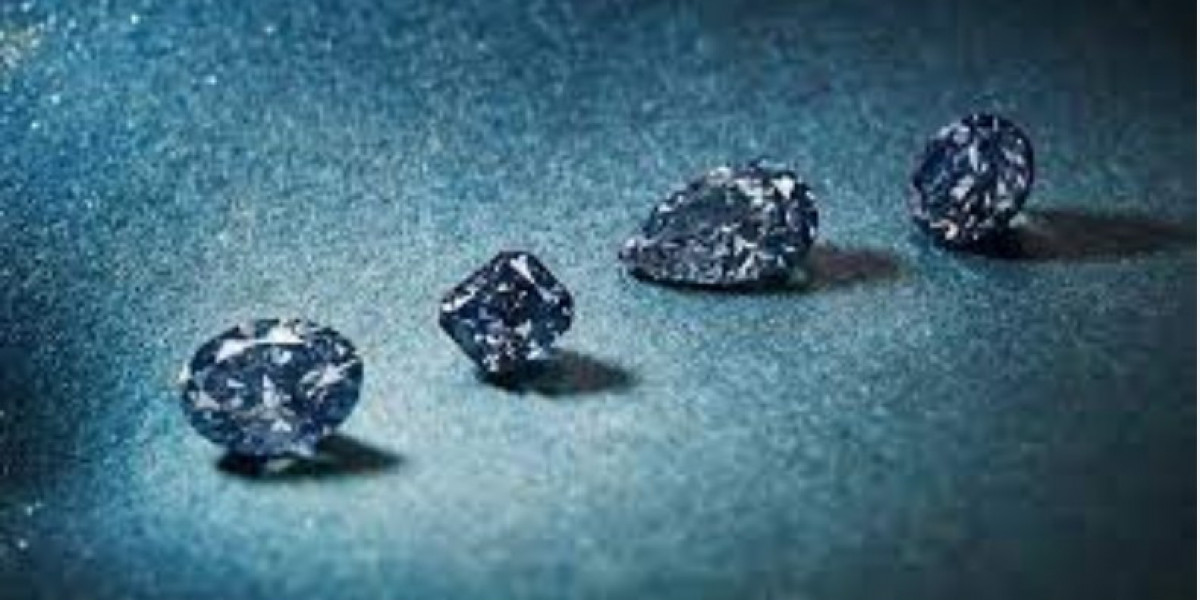In the world of diamonds, two prominent names stand out when it comes to certification - IGI (International Gemological Institute) and GIA (Gemological Institute of America). Both institutions play a crucial role in assessing and grading diamonds, providing buyers with valuable information about a diamond's quality and authenticity. In this article, we will delve into the differences between IGI vs GIA certifications, exploring their methodologies, reputation, and industry standards. Whether you are an aspiring diamond buyer or simply intrigued by the world of gemology, understanding the contrasting features of IGI and GIA will empower you to make informed decisions when purchasing diamonds.
The Significance of Diamond Certification:
Before we compare IGI Vs GIA Lab Grown Diamonds, let's first understand the importance of diamond certification. When investing in a diamond, it is crucial to ensure its authenticity and quality. A diamond certificate serves as a roadmap, detailing the diamond's unique characteristics, including the 4Cs - carat, color, clarity, and cut. It provides an unbiased evaluation, giving buyers the confidence that they are getting what they pay for. Now, let's explore the differences between IGI vs GIA certifications.
IGI Certification:
IGI is a well-established and internationally recognized gemological institute. Known for its comprehensive grading reports, IGI offers detailed information about a diamond's characteristics. Their reports include precise measurements, an assessment of the diamond's 4Cs, and any additional features such as fluorescence. IGI is particularly renowned for its expertise in colored gemstones.
GIA Certification:
GIA, on the other hand, is considered the gold standard in diamond grading. With a long-standing reputation for excellence, GIA is highly regarded within the industry. Their reports provide a thorough analysis of the diamond's attributes, including a diagram of its inclusions. GIA is particularly renowned for its strict grading standards and consistency across its reports.
Differences in Methodologies:
While both IGI and GIA play significant roles in the diamond industry, their methodologies differ in certain aspects. IGI tends to be more lenient in its grading, resulting in potentially higher grades for color and clarity compared to GIA. However, this leniency doesn't necessarily imply a lower quality diamond; it simply means that IGI's grading standards may be perceived as more relaxed. On the other hand, GIA's rigorous grading process ensures consistency and accuracy, making their reports highly trusted and sought after.
Reputation and Industry Standards:
Both IGI and GIA have established themselves as reputable gemological institutes. However, GIA holds a slightly stronger reputation within the industry due to its stringent grading standards and its research contributions to gemology. GIA-graded diamonds are often preferred by buyers who prioritize consistency and reliability.
Conclusion:
When it comes to purchasing a diamond, the choice between IGI and GIA certification ultimately depends on your preferences and priorities. If you value a comprehensive grading report with detailed measurements, IGI may be a suitable option. On the other hand, if you prioritize strict grading standards and industry-wide recognition, GIA certification would be the ideal choice. Regardless of the certification you choose, remember to consider other factors such as the diamond's overall appeal and the reputation of the seller.
By understanding the differences between IGI and GIA, you can make an informed decision and embark on your diamond-buying journey with confidence.








